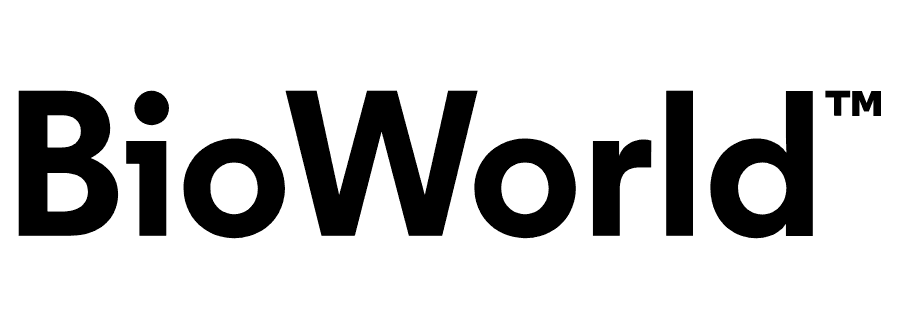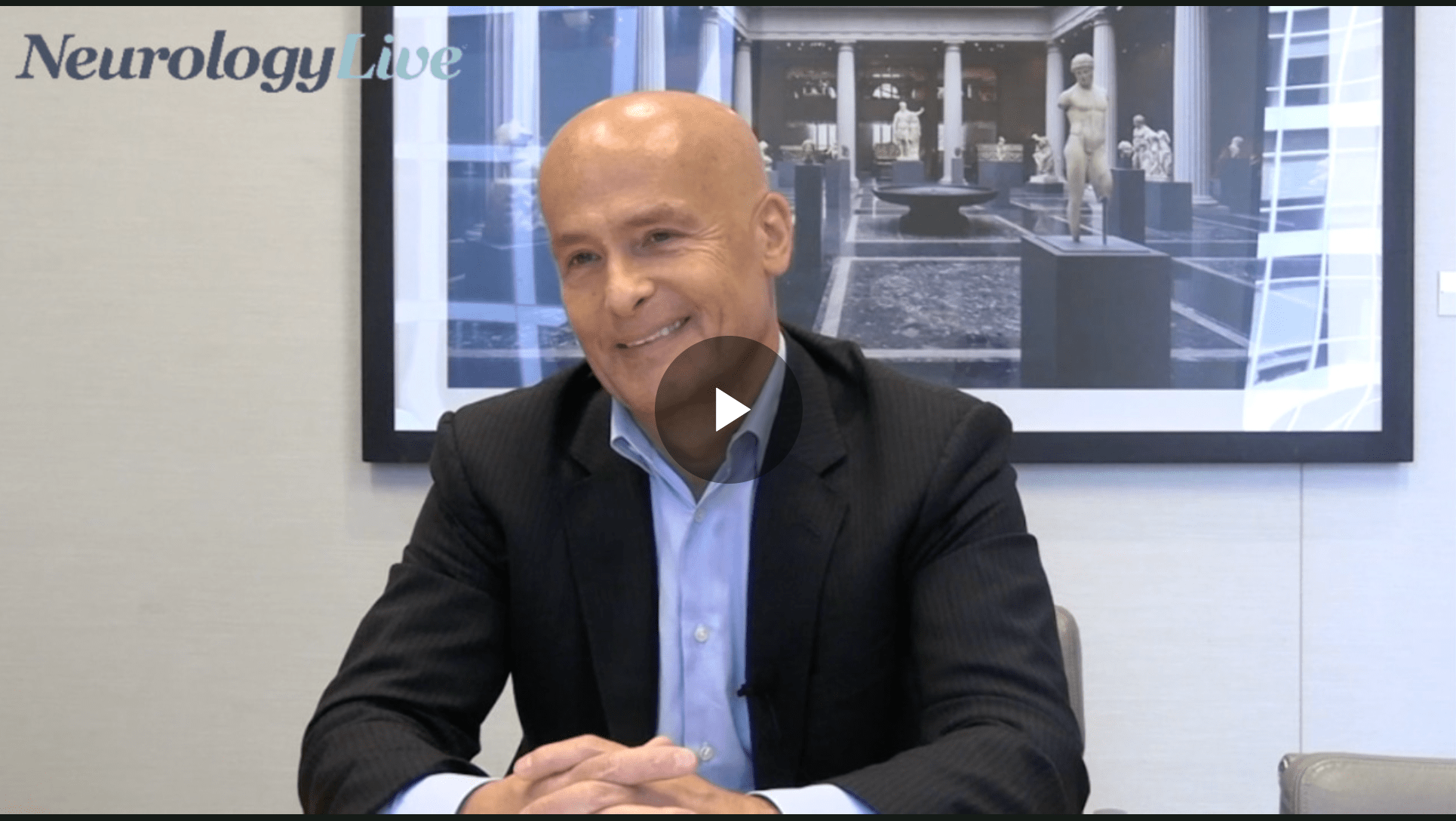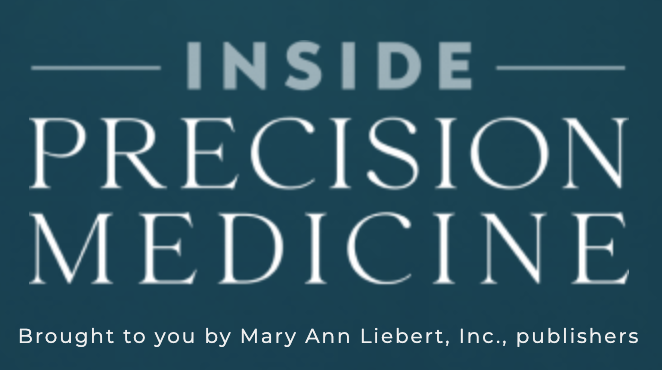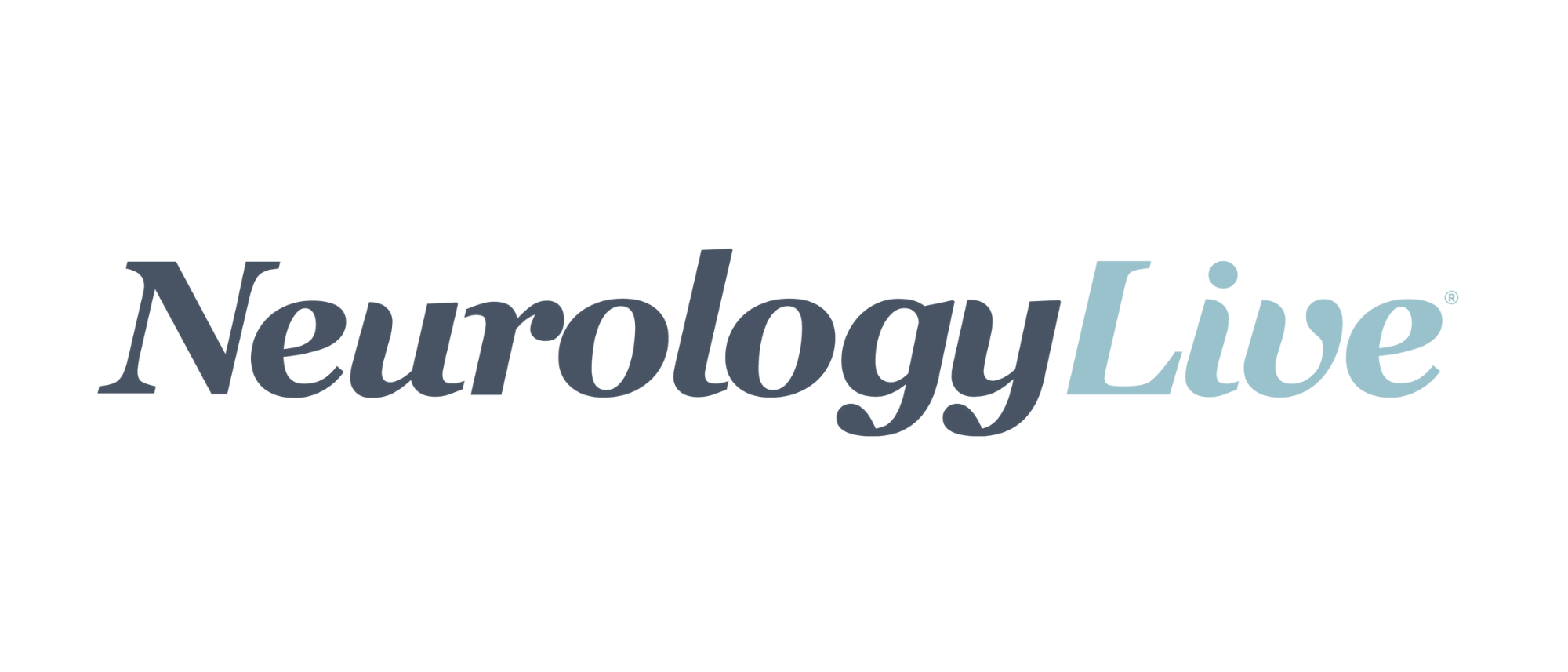Framingham, Mass., November 6, 2019 – Alzheon, Inc., a clinical-stage biopharmaceutical company focused on developing new medicines for patients suffering from Alzheimer’s disease (AD) and other neurodegenerative disorders, today announced the publication of a peer-reviewed research paper in Alzheimer’s & Dementia: The Journal of the Alzheimer’s Association, authored by Dr. Martin Tolar, Alzheon Founder, President and Chief Executive Officer; Dr. Susan Abushakra, Alzheon Chief Medical Officer; and a leading Alzheimer’s expert Dr. Marwan Sabbagh, Director of the Cleveland Clinic Lou Ruvo Center for Brain Health and Professor of Neurology at the University of Nevada, Las Vegas.
In the research paper entitled “The Path Forward in Alzheimer’s Disease Therapeutics: Reevaluating the Amyloid Cascade Hypothesis”, Dr. Tolar and colleagues synthesize Alzheon’s insights into the biology of AD and describe how their research has led to an exciting new potential treatment for AD. They explore why clinical programs aimed at slowing AD progression have failed despite 20 years of effort, and why the recent Biogen announcement about their drug aducanumab, is cause for optimism.
“What we know now, is that earlier amyloid drugs failed because they were not able to block the ‘bad’ form of amyloid, called soluble toxic oligomers, or they didn’t get into the brain sufficiently to protect it”, said Dr. Tolar. “Our approach prevents accumulation of the soluble amyloid oligomers that can lead to memory loss, and ultimately, the onset of Alzheimer’s symptoms, but has little effect on the ‘good’ forms of amyloid that are important for brain health. Because our treatment, ALZ-801, is a simple oral tablet, that is well tolerated, and gets easily into the brain, we believe it is very well-suited for AD patients.”
The review cites original research by Alzheon scientists and builds upon the most advanced learnings from the Alzheimer’s research community, including the recent aducanumab Phase 3 results. This was important news for Alzheimer’s researchers, because it confirmed that targeting amyloid can slow the progression of clinical symptoms of AD. However, the effects were not as large as many hoped for, probably because aducanumab doesn’t specifically target the bad amyloid, or not enough drug was getting into the brain to fight the disease. In clinical trials, aducanumab patients were required to have EKGs and periodic MRIs as safety monitoring to watch for side effects of brain swelling and micro-bleeding.
“Nevertheless, Biogen’s data provides cause for optimism because it shows that amyloid targeting can be effective at slowing disease progression,” said Dr. Susan Abushakra, CMO of Alzheon. “It also provides validation of Alzheon’s clinical plans for ALZ-801, and our specific focus on soluble amyloid oligomers”.
Taking from the learnings of cancer research, Alzheon’s precision medicine approach to defeating Alzheimer’s has identified people who have a high risk for the disease based on their genetics, and who also have very high levels of soluble amyloid oligomers in their brains. Because these patients may be particularly responsive to ALZ-801, the company is starting with them first, and will subsequently broaden efforts to all AD patients.
The company is now raising investment funds to start a Phase 3 clinical study to demonstrate the efficacy of ALZ-801 in patients with Early AD, and expects to have study results within three years, and hopefully to patients as soon as possible thereafter.
For the first time ever, Alzheon believes Alzheimer’s disease can be slowed or stopped through:
- Early intervention before bad soluble amyloid oligomers have a chance to accumulate
- Stepwise development by initially targeting patients at the greatest risk, then all AD sufferers, and ultimately for the prevention of AD before symptoms develop
- Development of a simple oral tablet that is well tolerated, gets into the brain at drug levels sufficient to achieve the desired effect, and is well-suited to patients world-wide
About ALZ-801
Alzheon’s lead product candidate, ALZ-801, is a novel, oral anti-amyloid drug candidate that is an optimized prodrug of tramiprosate, which has shown promising results in analyses of clinical data and therapeutic mechanism of action. ALZ-801 received Fast Track designation by the U.S. Food and Drug Administration. The clinical data for ALZ-8011 and its active agent, tramiprosate, suggest long-term clinical efficacy in AD patients with the APOE4 genotype, along with a favorable safety profile.2,3 ALZ-801 acts through a novel molecular mechanism of action blocking the formation of toxic amyloid oligomers4 associated with the development and progression of AD. The initial Phase 3 program for ALZ-801 will focus on patients with the homozygous APOE4/4 genotype at the Early stage of AD, with the potential for future expansion to additional Alzheimer’s populations.
About Alzheon
Alzheon, Inc. is committed to developing innovative medicines by directly addressing the underlying pathology of devastating neurodegenerative disorders. Our lead Alzheimer’s clinical candidate, ALZ-801, is a Phase 3-ready, first-in-class, small molecule oral inhibitor of beta amyloid aggregation and neurotoxicity–hallmarks of Alzheimer’s disease. ALZ-801 is a novel prodrug that builds on the safety and efficacy profile of the active compound tramiprosate, which has been evaluated in clinical trials involving over 2,000 Alzheimer’s patients. Our clinical expertise and technology platform are focused on developing drug candidates using a precision medicine approach based on individual genetic and biological information to advance therapies with the greatest impact for patients.
About Dr. Martin Tolar
Martin Tolar, MD, PhD, is the Founder, President & CEO of Alzheon. An expert in neuroscience and neurodegenerative disorders, for the past 25 years he has practiced medicine, taught at Yale University School of Medicine, held leadership roles at Pfizer and led multiple biotechnology companies. Dr. Tolar serves on many boards, including the Alzheimer’s Foundation and the Alzheimer’s Drug Discovery Foundation. Dr. Tolar was recognized as one of the Top 100 Most Influential People in the world of drug development and manufacture by The Medicine Maker Magazine’s Power Lists for 2016, 2017, 2018 and 2019.
Alzheon Publications:








